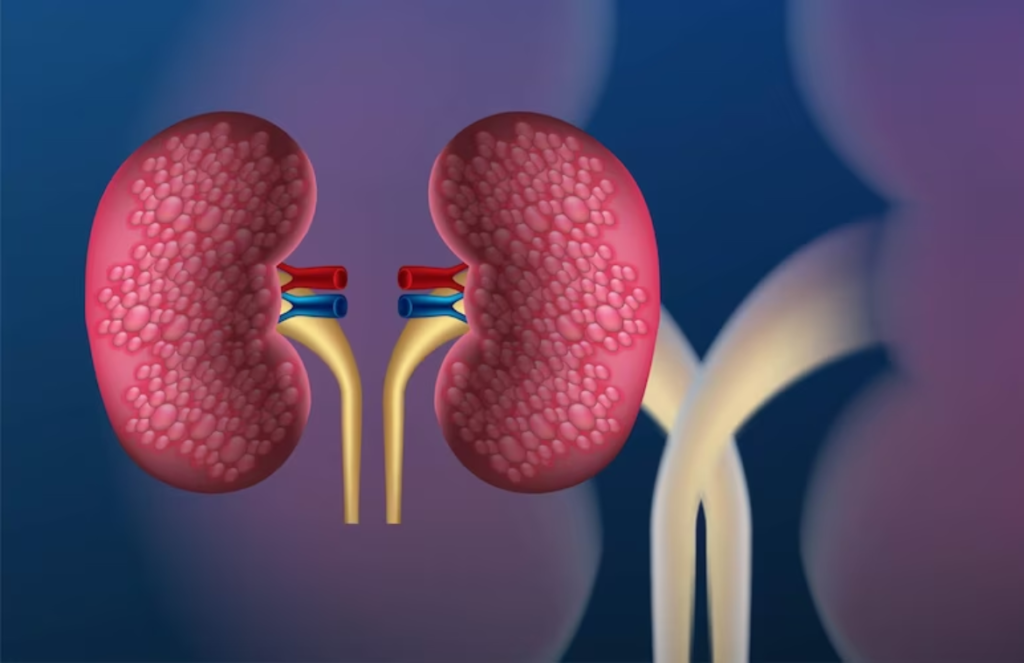ENT is a common health issue. Ent treatments are many and can provide relief. Specialists can treat patients well, and patients need not worry too much.
Having a sore throat and ear pain at the same time happens to be a common health issue, as these parts of one’s body are connected by the Eustachian tube. ENT treatments are numerous and effective. Throat pain is considered a common symptom of a cold or flu.
Mononucleosis
Mononucleosis (mono) happens to be an infection that is common in teens and young adults. Mono is usually caused by the Epstein-Barr virus.
In addition to a sore throat and ear pain, the symptoms of mono can also include:
- Extreme fatigue.
- Swollen lymph nodes.
- Fever.
- An enlarged spleen.
Treatment
Mono cannot be treated with antibiotics as it is caused by a virus. It may take several weeks to fully recover. Treatment for mono includes rest, increased fluid intake, and over-the-counter (OTC) pain relievers.
Acid Reflux
Acid reflux occurs when the lower esophageal sphincter (LES) does not really open and close properly, which lets stomach acid back up into the esophagus. At times, the acid goes back far enough that it does irritate the back of the throat.
Acid reflux is rather common. If one has acid reflux, then the pain in one’s throat and ears is worse when lying down or right when a person wakes up in the morning.
Treatment
There are several medications available to treat acid reflux. Few are OTC drugs, and others do require a prescription. Thus, ENT can be treated.
Tonsillitis
Tonsillitis occurs when the tonsils get bigger than normal and are inflamed. Tonsillitis can cause throat as well as ear pain and make it hard to swallow. Common causes of tonsillitis are colds, mono, and strep throat.
Treatment
Antibiotics can be used to treat strep throat, as the infection is caused by bacteria. A viral illness such as a cold or the flu cannot be treated with antibiotics, but symptoms get eased as part of recovery.
The treatment for tonsillitis mostly involves resting and easing the symptoms. Cool beverages as well as chilled foods can help ease throat pain. Ice packs and OTC pain relievers can be used.
In severe cases of tonsillitis, prescription pain relievers or steroid medications are prescribed to reduce the size of the tonsils.
Allergies
Allergies are no doubt common causes of throat pain as well as ear pain. Other symptoms of allergies depend on trigger points like:
- Itchy or watery eyes.
- Scratchy throat or hoarseness.
- Skin rashes.
Treatment
Allergies can be treated with antihistamines as well as immunotherapy (allergy shots). It is possible to prevent allergy symptoms such as a sore throat and ear pain by finding out what the triggers are and avoiding them.
Strep Throat
Strep throat is considered a bacterial infection that commonly causes throat as well as ear pain, especially in children and teens. Other symptoms of strep throat are:
- Pain when swallowing.
- Fever.
- White patches on the tonsils.

Treatment
Strep throat requires antibiotics. If not treated, the infection can lead to serious heart complications as well as kidney problems.
While healing from strep throat, staying hydrated, resting, and also taking OTC pain relievers helps.
Sinusitis
Sinusitis is inflammation of the air-filled pockets in the face (sinuses). The inflammation can be due to a bacterial, fungal, or viral sinus infection, allergies, or conditions related to the anatomy of one’s nose, like a deviated septum.
In addition to a sore throat and ear pain, other symptoms of sinusitis include:
- Congestion
- General cold symptoms like fatigue.
- Headache.
Treatment
Sinusitis treatment depends a lot on what’s causing it. OTC medicines, decongestants, and nasal rinses can help. Antibiotics are not usually needed unless the infection is caused by bacteria.
Occasionally, sinus surgery may be needed to treat conditions such as a deviated septum or nasal polyps.















